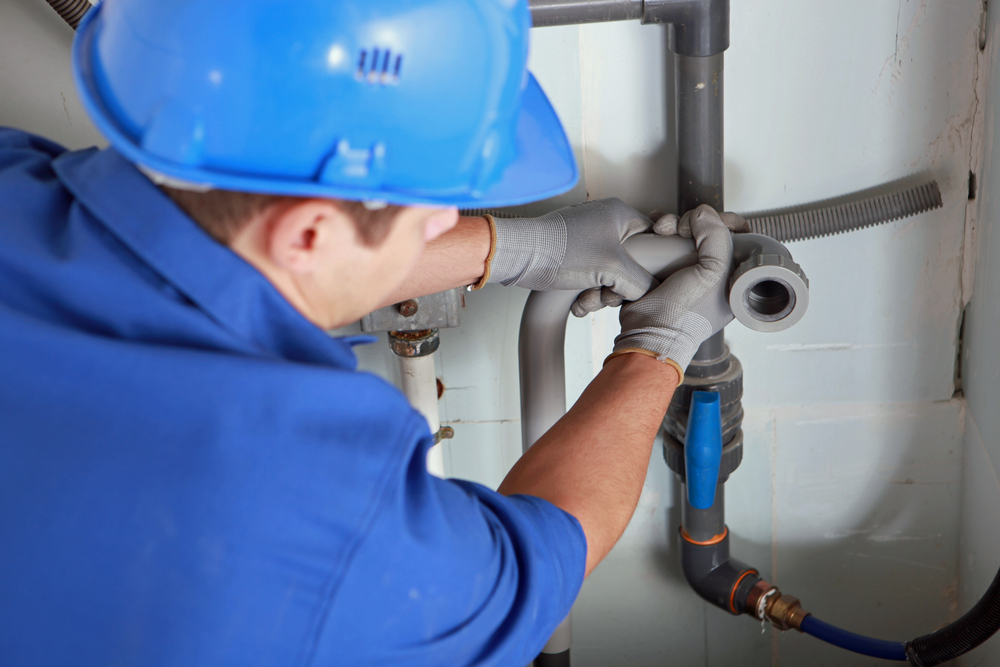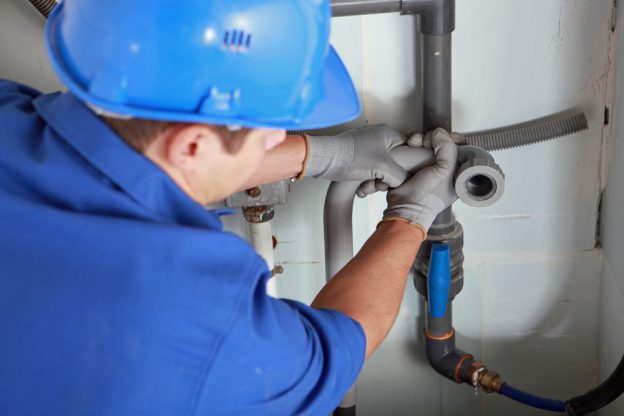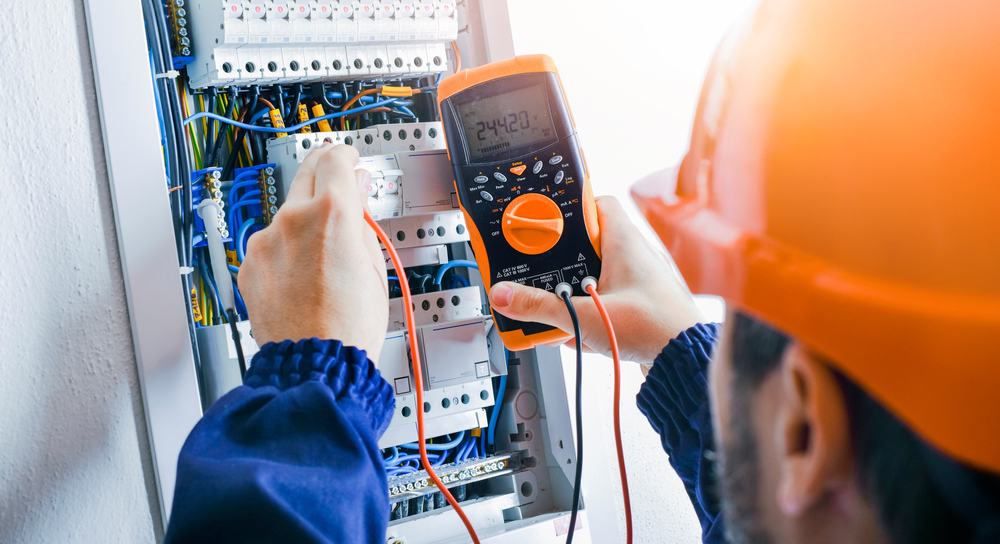 In order to become a licensed plumbing contractor in California, you must fulfill certain requirements and follow certain steps.
In order to become a licensed plumbing contractor in California, you must fulfill certain requirements and follow certain steps.
This article will walk you through obtaining a C-36 plumbing contractor’s license in California.
What Is A C-36 Plumbing Contractor’s License?
A license known as a C-36 plumbing contractor’s license enables people and organizations to carry out plumbing work in the State of California. It is issued by the Contractor’s State License Board (CSLB). Anyone doing plumbing work in California must have a C-36 license by law.
The CSLB is in charge of plumbing contractors in California and gives licenses to those who meet certain requirements. The C-36 category includes the installation, maintenance, and repair of plumbing systems. This includes work on fixtures, pipes, and other related parts.
Contractors in the C-36 category are allowed to do a wide range of plumbing jobs, such as installing, maintaining, replacing, and fixing water heaters, water treatment systems, and gas piping systems.
Contractors who fall under the C-36 classification are authorized to handle a range of plumbing tasks, including the installation, upkeep, replacement, and repair of water heaters, water treatment systems, and gas piping systems.
There are some restrictions on what C-36 contractors can do, including the ability to work on fire sprinklers, underground utilities, and sewage systems. Additional licenses and certifications are necessary for these tasks.
Obtaining a C-36 Plumbing Contractor’s License Requirements
To apply for a C-36 plumbing contractor’s license in California, you must meet the following requirements:
- Be 18 years old
- Possess a valid driver’s license or other ID from the government.
- Possess a Social Security or individual taxpayer identification number
- Have at least four years of journey-level experience in plumbing
- Pass a background investigation
- Pass the required CSLB trade and business and law exams.
The phrase “plumbing contractor” refers to both subcontractors and specialty contractors who carry out plumbing work, which is important to keep in mind.
How to Obtain a C-36 Plumbing Contractor’s License
The process to get your California C-36 plumbing contractor’s license is simple, but requires a lot of care and attention to detail. It’s important you pay close attention to submitting your application.
It’s also critical to prepare for the CSLB examination, which will test your knowledge of construction- and plumbing-specific work. Check out our classes today to make sure you’re prepared to pass the exam on your first try!
The steps to obtain your C-36 license are as follows:
- Submit an application: You must send a completed application and the required fee to the CSLB.
- Take the examinations: The C-36 trade exam and the law and business exam are the two tests you must take and pass.
- Provide proof of experience: You must provide proof of your four years of journey-level experience in plumbing.
- Obtain a bond and insurance: You need to buy liability insurance as well as a bond for your contractor license.
- Background check: Fingerprints must be submitted in order to conduct a background check.
- Obtain a license: You will get your C-36 plumbing contractor’s license from the CSLB after finishing the earlier steps.
Things To Consider When Getting Your C-36 License
In California, getting a license to be a C-36 plumbing contractor can be hard and take a long time, but the money you can make as a certified C-36 plumber is well worth the trouble.
However, there are some things to keep in mind when going through the process that can help you launch a successful plumbing business.
Time and money
- The C-36 plumbing contractor license application process can take months and cost thousands of dollars. To meet the requirements, you might need to make an investment in training, supplies, and tools.
Continuing Education
- After receiving your license, you must take continuing education courses to keep it current. Although they can be expensive and time-consuming, these courses are necessary to maintain your license in good standing.
Business considerations
- In order to maintain your C-36 plumbing contractor license, you must abide by all applicable tax and business laws and regulations. To legally run your business, you might need to acquire additional licenses, permits, or certifications.
Competition
- California’s plumbing market is extremely competitive, so having a strong business plan is essential. A strong marketing strategy – including advertising, networking and a strong online presence – is crucial to standing out.
Safety considerations
- Because plumbing work can be dangerous, you must abide by all safety laws and guidelines to safeguard you, your employees, and your clients. To make sure you are operating safely and legally, you might need to make an investment in safety gear and training.
Conclusion
It can be difficult and rewarding to get a C-36 plumbing contractor’s license in California. You can successfully obtain your license and begin working as a licensed plumbing contractor by following the steps and taking into account the factors mentioned in this article.
For the sake of keeping your license and operating a successful business, always remember to stay informed and current on all laws and regulations.

